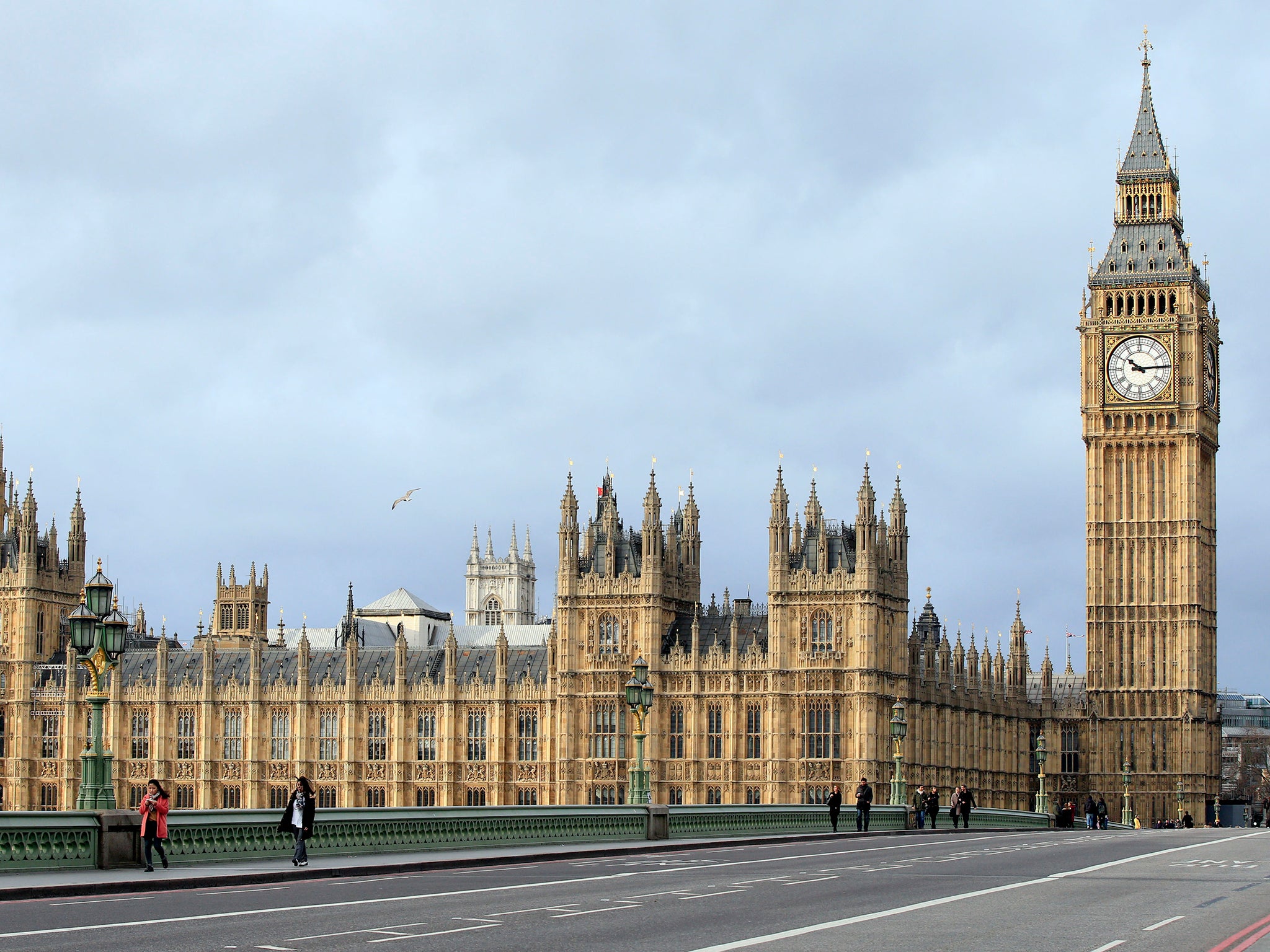Redrawing constituencies has always been intensely political
It is difficult, though, to imagine a situation where boundaries could be altered without the will of Parliament

Your support helps us to tell the story
From reproductive rights to climate change to Big Tech, The Independent is on the ground when the story is developing. Whether it's investigating the financials of Elon Musk's pro-Trump PAC or producing our latest documentary, 'The A Word', which shines a light on the American women fighting for reproductive rights, we know how important it is to parse out the facts from the messaging.
At such a critical moment in US history, we need reporters on the ground. Your donation allows us to keep sending journalists to speak to both sides of the story.
The Independent is trusted by Americans across the entire political spectrum. And unlike many other quality news outlets, we choose not to lock Americans out of our reporting and analysis with paywalls. We believe quality journalism should be available to everyone, paid for by those who can afford it.
Your support makes all the difference.Few aspects of our democratic process are more crucial than the size and shape of our parliamentary constituencies, and few more abused by the party politicians, and their activists. As we report, the necessary process of updating the boundaries of existing parliamentary seats is having some spice added to it by the threat, always there but increasingly vocal, that Corbynite grassroots Labour Party members will take the opportunity to “punish” Labour MPs deemed hostile to the leader.
Labour seats have always tended to be in inner-city areas, and, despite attempts at gentrification in some places, have tended to become depopulated, as residents move out to leafier suburbs. Reducing the number of seats in big cities gives the activists an ideal opportunity to teach someone such as Hilary Benn a hard political lesson. It is maybe not worth dwelling on the fact that his late father, Tony, gained a good deal of political momentum from the practice of “mandatory reselection” of Labour MPs during the previous left-wing ascendancy in the early 1980s. That is an occupational hazard of being a Labour Party politician, unfortunately, just as the impartial and independent Boundary Commission’s recommendations usually wind up being played for all their political worth. Last time a review was due to be implemented, in the last parliament, it fell victim to a Liberal Democrat revenge attack on the Conservatives for their reneging on reforming the Lords.
As changes usually favour the Conservatives, who are less well represented by small populations in inner cities and stronger in the faster-growing suburbs and market towns, Boundary Commission reviews are generally shelved by Labour governments, most notoriously before the 1970 general election.
It is difficult, though, to imagine a situation where boundaries could be altered without the will of Parliament; the very body that has most at stake is also the very body both best qualified and least inclined to do the job properly. Such, though, is democracy. As someone once said: it’s the worst system, except for all the others.
Join our commenting forum
Join thought-provoking conversations, follow other Independent readers and see their replies
Comments